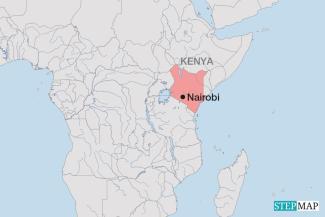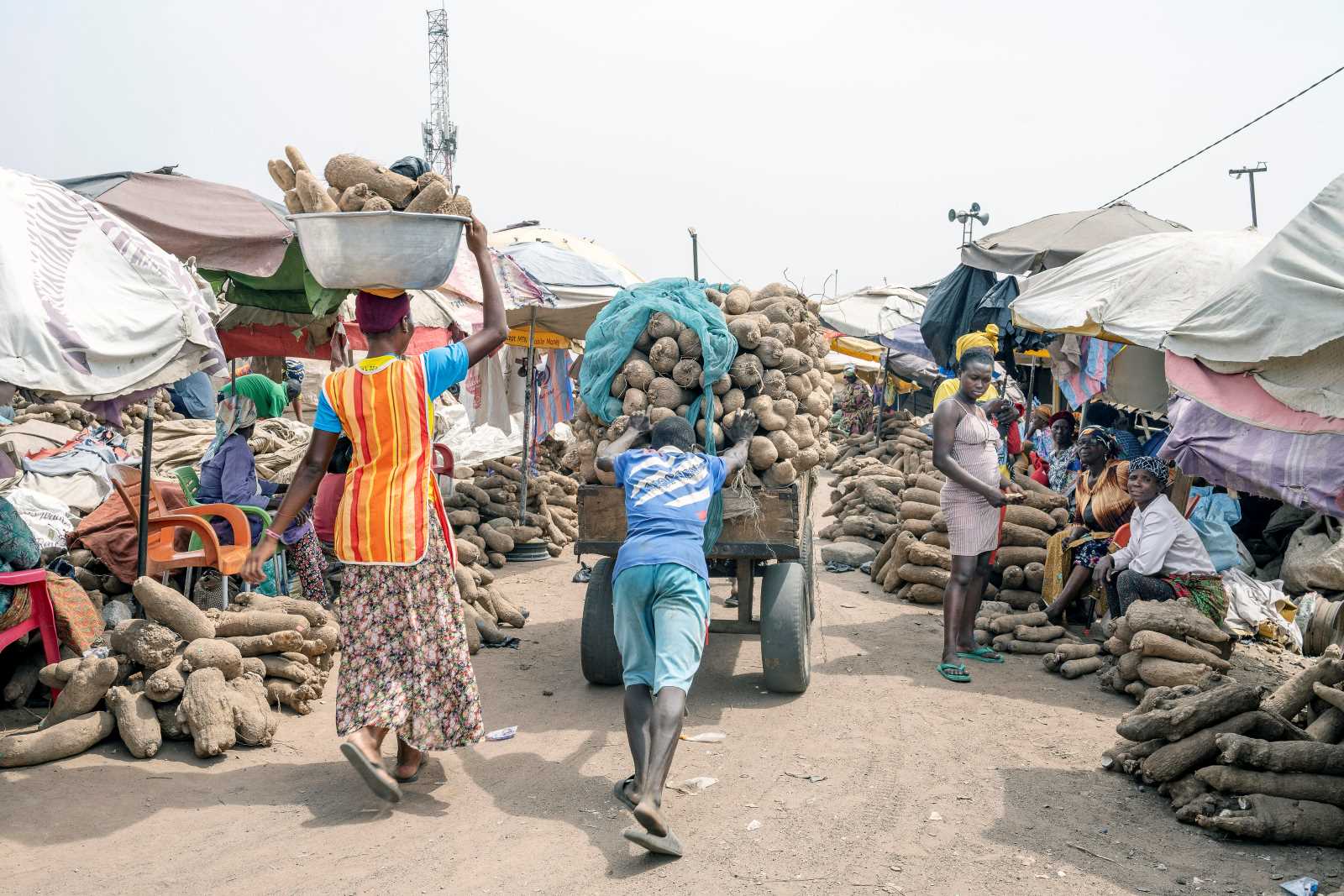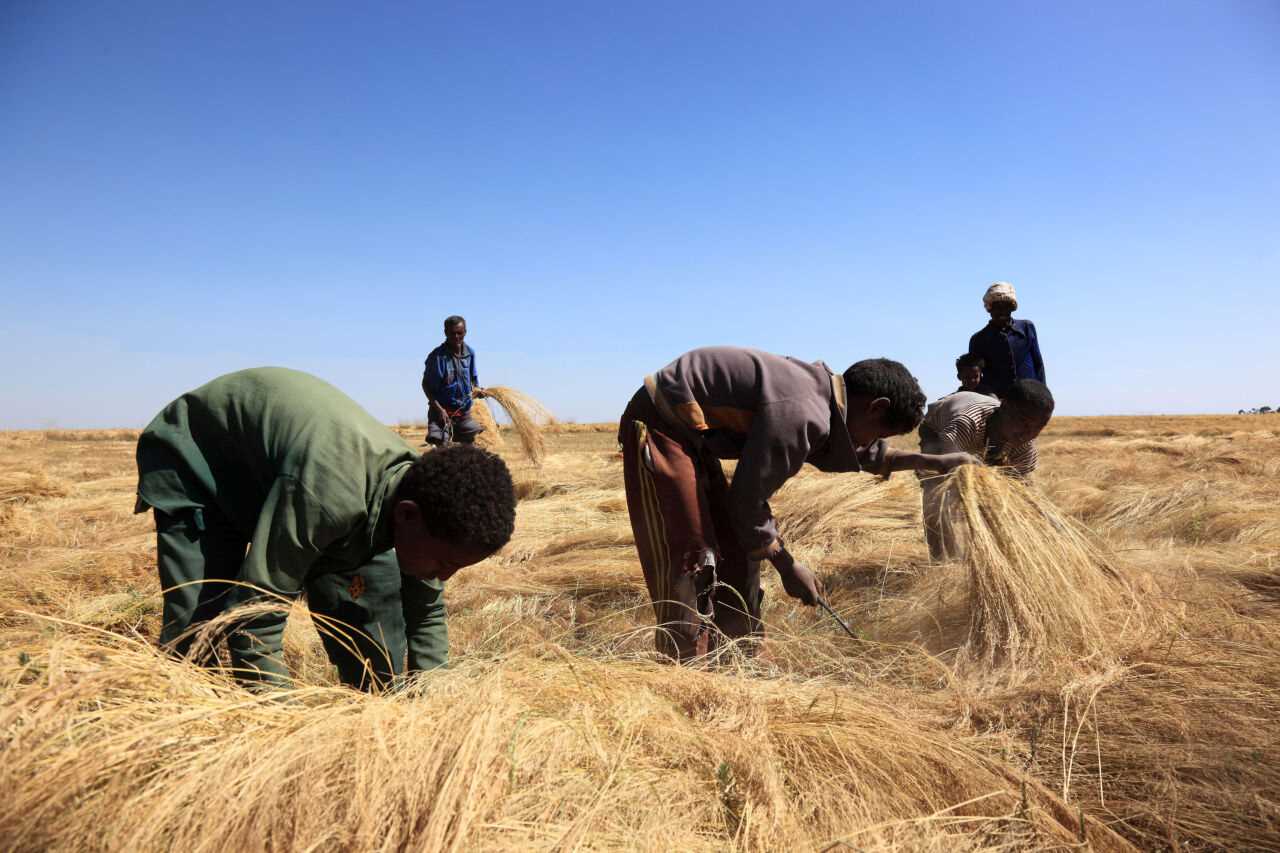Food security
Genetically modified plants are allowed in Kenya

Pushed by the continuing challenge of a recurring drought, Kenya’s ministerial cabinet announced its decision on adoption of GMOs in October 2022. The new government reasons that the use of GMOs is the logical solution to the country’s growing food security challenges amid its rising population.
Kenya’s economy largely depends on agriculture for both local consumption and export. Many Kenyans rely on corn as their staple food. Corn flour, popularly known as “Unga” is a favourite for many Kenyans. In the past months however, the price of Unga has gone up, threatening the ability of many families to access food.
Pressured to find a solution, Kenya’s government led by president William Ruto is encouraging farmers to use genetically modified seeds which are more resilient to changing climatic conditions. The country’s agricultural agency supports this move and argues that these technologically modified seeds will perform better than regular seeds in view on water shortages that have carried on over four planting seasons. It recons that the resistance to GMOs stems from a lack of information on the science and technology used to manufacture them. Many Kenyans harbour fears that GMOs are not safe and could lead to health risks such as cancer.
Responding to claims about the controversy around GMOs, Kennedy Oyugi, an agricultural economist, says that GMOs have a complimentary role to play in Kenya’s agriculture. He says that conventional agricultural inputs have not been able to meet the country’s growing needs. “It is an exercise in vanity to do the same things we’ve been doing over the years and expect different results,” Kennedy says, adding that “We have the means of production that we’ve been using, and as things change, we also need to change. For example, we’ve been facing drought. We need technologies that can help produce yields even under such difficult situations.”
While controversy remains worldwide over the subject, a good number of those opposing GMOs in Kenya do concede that GMOs might just provide some relief to the country’s biting food shortages and help boost the economy. Already, there have been visible successes recorded among cotton farmers in the country, which has reinforced assertions of increased production, disease and pest resistance associated with GMOs.
The government and its partners have a big job to do to create greater awareness and raise acceptance levels of GMOs among a decidedly uneasy public. More effort needs to be put in addressing fake news and misinformation circulating about the use of GMOs. Kenya’s president, William Ruto, has recently had to come out and allay public fears after fake news was broadcast that in some instances, GMOs can lead to growth of horns in human beings.
Joseph Maina is a freelance writer based in Naivasha, Kenya.
mainajoseph166@gmail.com














